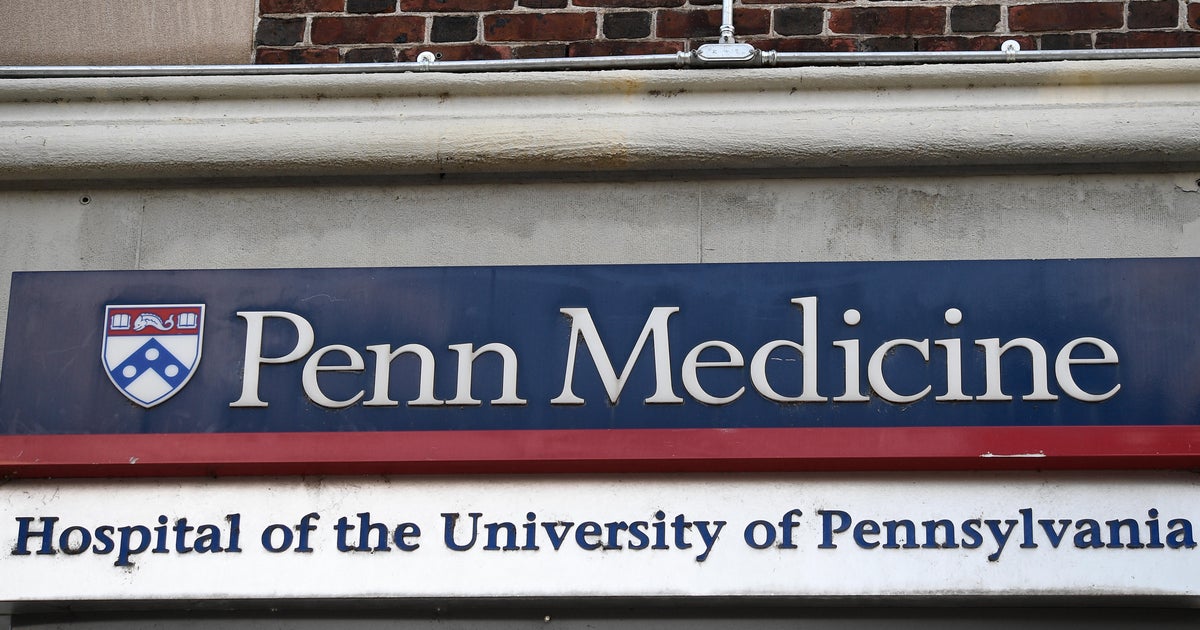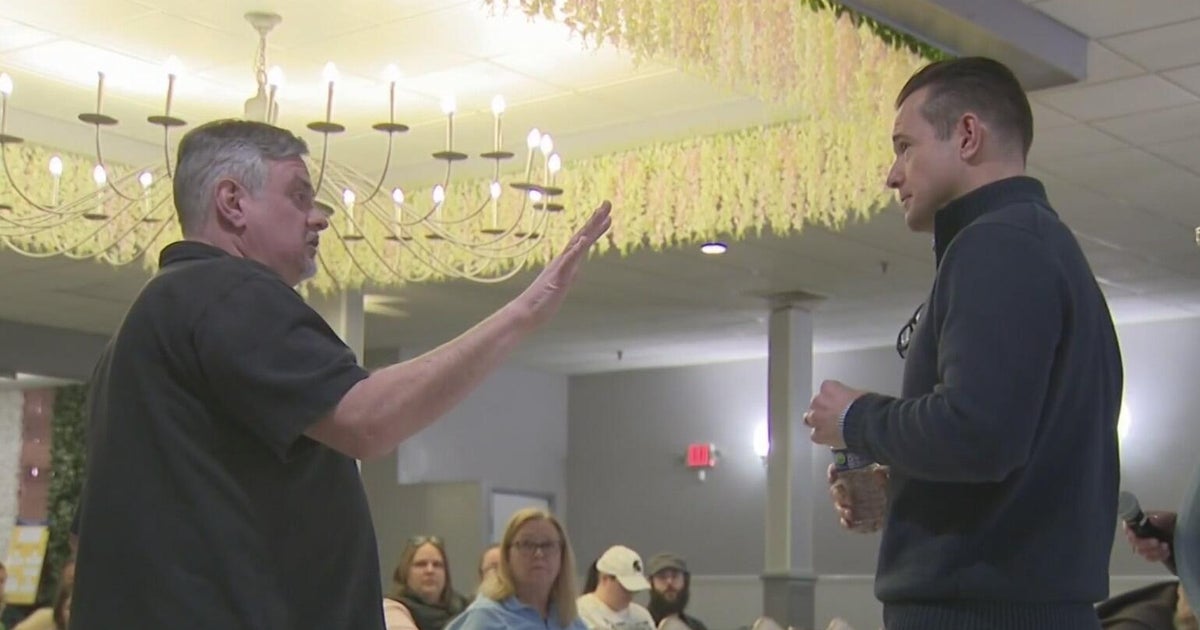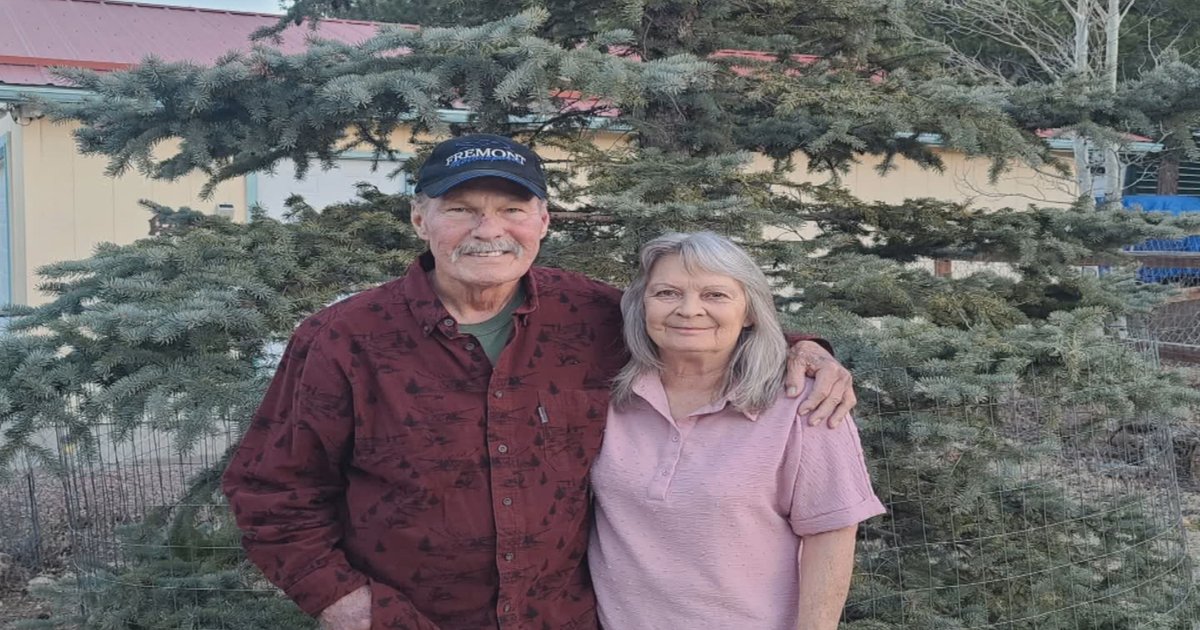Study Links Stress To Breast Cancer
CHICAGO (CBS) -- Stressed out? You might want to get it in check. Chicago researchers say stress could be a new risk factor for breast cancer.
CBS 2's Kristyn Hartman takes a look at the connection between breast cancer and stress and two other potential risk factors under the microscope.
For breast cancer survivor Cyd Paulsen, it's the experiment of a lifetime – one that could shine a light on breast cancer.
She had it and beat it, now she's working to prevent it.
"The doctor said 'I'm so sorry to tell you that you have invasive ductal cancer,'" Paulsen said.
In one of three studies happening at Northwestern Memorial Hospital, doctors are studying a possible obesity gene. They're learning that obesity or weight gain might make it more likely a woman will get breast cancer, or make treatment for cancer less effective.
"There seems to be a connection between obesity and breast cancer, especially in women that are already diagnosed with breast cancer," said Dr. Virginia Kaklamani, an oncologist at Northwestern.
Ample evidence already suggests high fat foods are bad. Others, like fruits and vegetables, are protective.
"That whole cycle of what you ingest and what yoy get exposed to can have more consequences in your body than you think," Dr. Ece Mutlu, an associate professor of gastroenterology at Rush University Medical Center.
Mutlu is leading the study Paulsen joined.
The focus at Rush is bacteria in the gastrointestinal tract and their metabolic activity, which may lead to breast cancer.
"Many breast cells have receptors for these metabolites to be able to recognize them," Mutlu said.
She said if doctors can prove certain bacteria lead to cancer, maybe someday they can treat the bacteria before it causes trouble in the breast.
Breast cancer survivor Patrice Short said her best advice to women who've been diagnosed with breast cancer is "stay as stress-free as you possibly can."
Short's doctor says the same. At the University of Chicago, they're studying the stress-breast connection.
"There is some evidence that, in fact, the response to stress and unrelenting stress produces a hormone that does increase the size of tumors," said Dr. Suzanne Conzen, an associate professor at U of C. "We are actively working on ways to block the stress response … and that, we're hoping, will be a new way of treating breast cancer."
It might even be a way of preventing it. During her own treatment, Short found ways to chill out – from support groups to water workouts.
She had good reason.
"My first grandchild was born three or four months prior to my diagnosis and I wanted to see her grow up," she said.
Cyd Paulsen also showed off pictures of her four daughters – her reason for getting into a study to identify new potential risk factors.
She said she knows how important it is. It's only through research that we recently learned, for instance, that alcohol might increase the risk of breast cancer.







